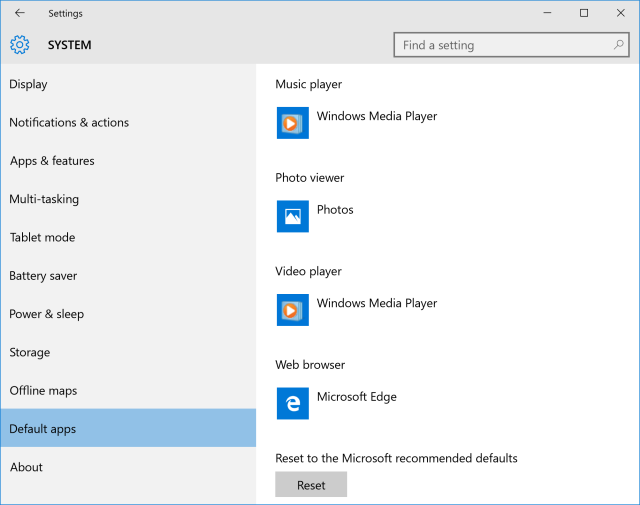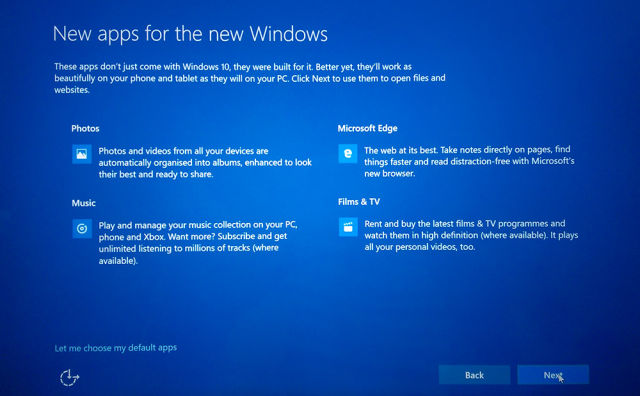
Mozilla CEO Chris Beard has blasted Microsoft for overriding user choice and forcing Edge as the default browser in Windows 10. If you had set Firefox or Chrome as your default Web browser in Windows 7 or 8, upgrading to Windows 10 will reset it to Edge instead.
Furthermore, Mozilla claims that it's now much harder to change default apps in Windows 10: "It now takes more than twice the number of mouse clicks, scrolling through content and some technical sophistication for people to reassert the choices they had previously made in earlier versions of Windows."
Mozilla clearly isn't happy. Chris Beard not only penned a blog post about Windows 10's heavy-handed treatment of default apps, but he also wrote Microsoft CEO Satya Nadella an open letter, asking him to reconsider. "Please give your users the choice and control they deserve in Windows 10," he pleads.
First, the facts. When you upgrade from Windows 7 or 8 to Windows 10 with "express settings," it does indeed reset all of your default apps and their file associations. Windows 10 does also require a bit more effort to set new default apps: in Windows 7 and 8, a little dialogue box popped up and asked you to select a default app; in Windows 10, it now pops open the full Settings control panel, forcing you to mouse around a bit and find the right button to set a new default app.

Second, the caveats. If you click the small "customise settings" button during installation, you can keep your default apps from the previous installation—but the size of the button would seem to indicate that Microsoft wants most users to just click "use express settings" instead. (Actually, you have to click "customise settings," and a few pages later click another tiny, low-contrast button to actually change the default apps. Microsoft really doesn't want you to change Windows 10's default apps.)
The other important question is whether the European version of Windows 10 honours browser choice or not. Following two antitrust rulings in the 2000s against the bundling of Media Player and Internet Explorer, Microsoft was forced to offer different versions of Windows in Europe. These versions had an "N" at the end of the SKU, such as "Windows 8 Professional N," and came without Media Player. Until the end of 2014, they also included a "browser choice" ballot that popped up, asking which browser the user would like to use.
Now, there is still an "N" version of Windows 10, but it isn't clear if it treats your default browser choice differently. We have asked Microsoft for clarification but haven't yet heard back. In our own testing, we upgraded a European laptop from Windows 8.1 to Windows 10 using an official Windows 10 USB stick, but it still reset the browser default to Edge. This isn't necessarily authoritative, though: even though there have been "N" versions of Windows as far back as XP, OEMs have often just used the standard, full-fat Windows SKUs instead.
If you've upgraded to Windows 10 and want to change your default browser back to something else, Mozilla has published a handy guide. Mozilla's Beard says that they reached out to Microsoft when they first learnt of the change in Windows 10, but "unfortunately this didn’t result in any meaningful change." He's hoping that the open letter to Nadella might help things along.
Microsoft has defended its behaviour, stating, "We designed Windows 10 to provide a simple upgrade experience for users and a cohesive experience following the upgrade." The company also opened the door to possible change in the future: "As with all aspects of the product, we have designed Windows 10 as a service; if we learn from user experience that there are ways to make improvements, we will do so."
reader comments
194